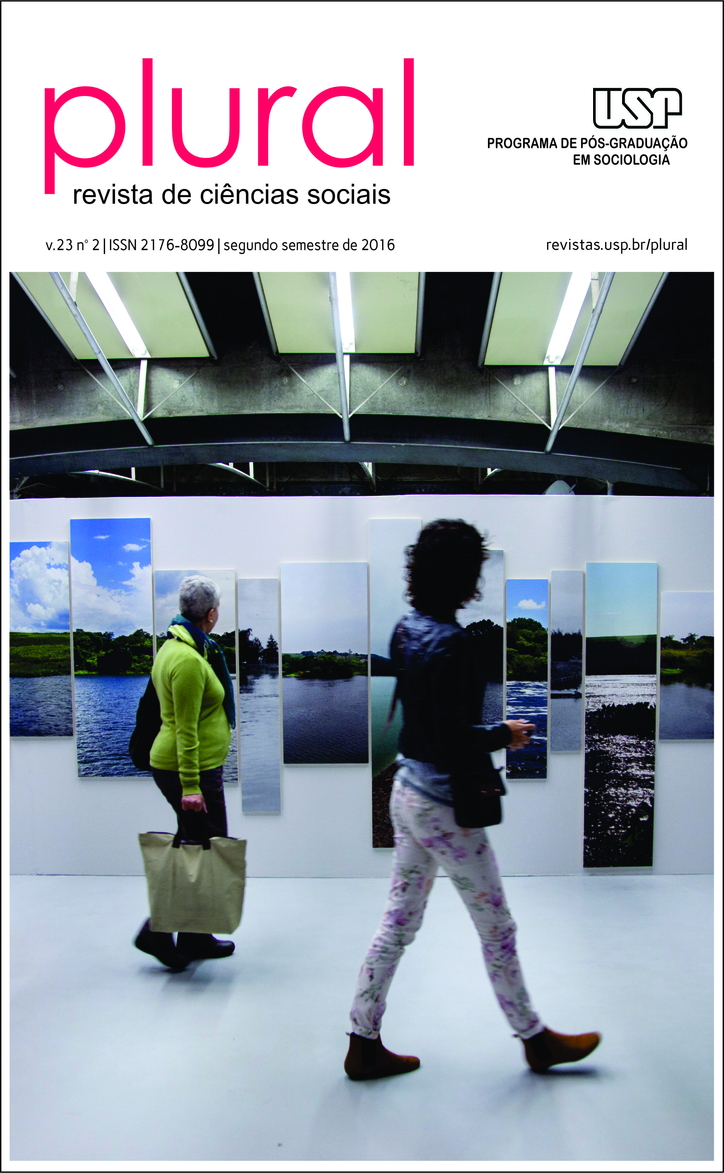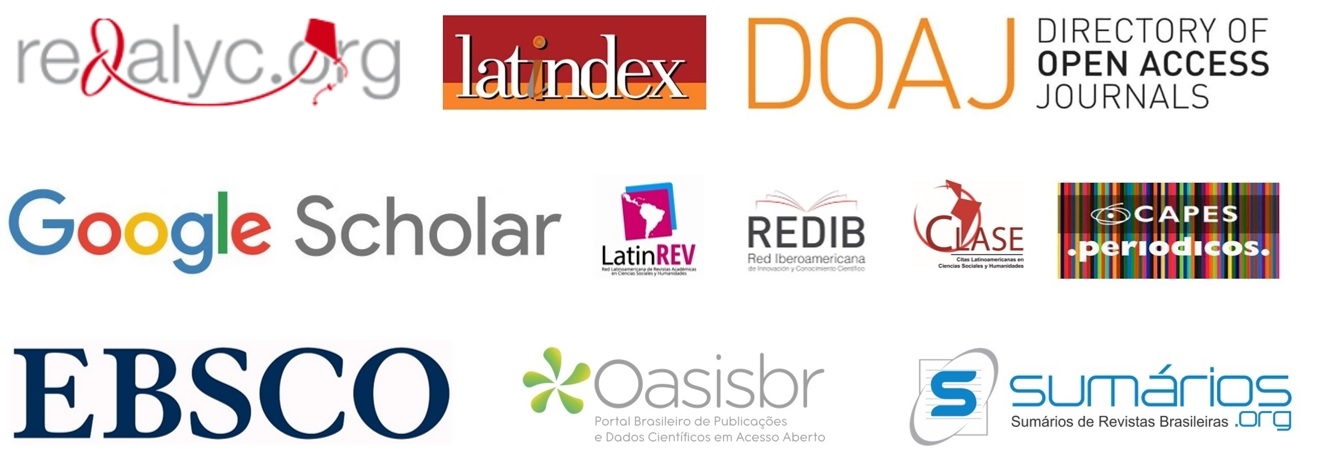“Gringo panic”: predatory foreigners, global sports events and prostitution in Rio de Janeiro
DOI:
https://doi.org/10.11606/issn.2176-8099.pcso.2016.125109Keywords:
gringos, prostitution, World Cup, sexual panicsAbstract
In the run-up to the 2014 World Cup, sectors of the media, NGOs, and the state contributed to a growing panic about prostitution. Violent police raids on legal commercial sex venues increased and police invited the media to broadcast them closing the most visible sexual tourist venue on the opening day of the Cup. In truth, prostitution did not increase in Rio de Janeiro and there were no proven instances of sex trafficking linked to the event in that city. The “clean-up” of red light districts was a land grab aimed at social cleansing and “urban renewal” in Copacabana (Rio de Janeiro). This paper examines how state and non-state actors constructed images of gringos – often as predatory interlopers – to create a moral panic in order to further their own agendas. Drawing on ethnographic fieldwork conducted among sex workers and clients before, during and after the Cup, this research examines the fantasies projected onto gringos by various constituents – sex workers, media sectors, evangelical Christians, feminists, and others. It argues that gringo clients during the Cup are best understood as atypical sex tourists with diminished agency who experienced key differences in social capital and cultural competency. The reliance on misinformed ideas of gringo masculinity has unintended social consequences, including the further marginalization of vulnerable women working in Rio’s sexual economy.Downloads
Download data is not yet available.
Downloads
Published
2016-10-11
Issue
Section
Dossiê
License
Copyright (c) 2016 Política de direitos compartilhados

This work is licensed under a Creative Commons Attribution-NonCommercial-ShareAlike 4.0 International License.
Ao submeter seu trabalho à Plural, o autor concorda que: o envio de originais à revista implica autorização para publicação e divulgação, ficando acordado que não serão pagos direitos autorais de nenhuma espécie. Uma vez publicados os textos, a Plural se reserva todos os direitos autorais, inclusive os de tradução, permitindo sua posterior reprodução como transcrição e com devida citação de fonte. O conteúdo do periódico será disponibilizado com licença livre, Creative Commons - Atribuição NãoComercial- CompartilhaIgual –, o que quer dizer que os artigos podem ser adaptados, copiados e distribuídos, desde que o autor seja citado, que não se faça uso comercial da obra em questão e que sejam distribuídos sob a mesma licença (ver: http://www.creativecommons.org.br/).How to Cite
Mitchell, G. (2016). “Gringo panic”: predatory foreigners, global sports events and prostitution in Rio de Janeiro. Plural, 23(2), 33-64. https://doi.org/10.11606/issn.2176-8099.pcso.2016.125109








